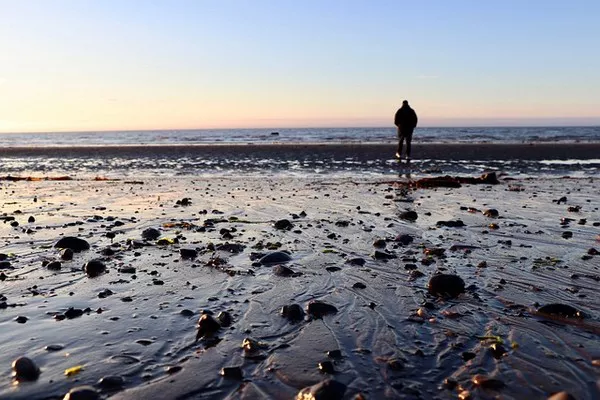The Canary Islands government is ramping up efforts to regulate illegal holiday rentals, implementing stricter measures to curb unregistered properties as tourism-driven housing pressures escalate. A key part of this initiative is a collaboration with Booking.com, enabling authorities to track, report, and remove non-compliant listings from the popular accommodation platform.
As of January, new regulations require all short-term rental providers to register their properties, whether offering single rooms or entire homes. Officials from the Junta de Canarias emphasized the importance of enforcing these laws to protect both residents and the tourism industry.
The partnership with Booking.com has proven particularly crucial. The platform has provided specialized training to the region’s Tourism Ministry and law enforcement agencies, equipping them with the skills to navigate and monitor its website. This allows authorities to efficiently identify and flag illegal listings for removal.
In addition, Grafcan, a regional geographic data agency, is supplying location-based insights to help track tourism activity. This data will enable authorities to map out illegal rentals and compile statistics to strengthen regulatory efforts.
With an estimated 650,000 tourist accommodations across the islands—270,000 of which are classified as holiday rentals—the government faces significant challenges in managing the sector. The issue is particularly pressing in Tenerife, where approximately 24,000 registered holiday lets exist, and rental prices have reportedly surged by up to 100% over the past decade. Many residents argue that short-term rentals exacerbate the housing crisis by reducing the availability of affordable homes.
Recent large-scale inspections led to the revocation of 134 licences for non-compliance, primarily due to properties lacking valid habitability certificates. Jesús Machín, Councillor for Territorial Planning, underscored the necessity of the crackdown, stating, “This plan is essential to track illegal holiday accommodation.”
The government is now moving forward with a new law that mandates routine inspections of holiday rental licences by local councils—a major shift from the previous voluntary oversight process. However, concerns are growing over whether municipalities have the resources to handle the expanded enforcement responsibilities.
“We urge lawmakers to consider the administrative strain these new regulations will impose,” said Nereida Calero, Councillor for Territorial Planning at the Fuerteventura Cabildo, highlighting the challenges faced by local governments.
Authorities are also considering extending their regulatory efforts to other platforms like Airbnb to further tighten control over the market. As protests against over-tourism and housing shortages continue, the Canary Islands are striving to strike a balance between sustaining tourism and preserving housing for residents.
While these legislative measures signal a more stringent approach to holiday rentals, public pressure will likely persist until tangible improvements in housing affordability and availability are realized. The region’s evolving policies may soon redefine its approach to tourism, setting a precedent for balancing economic growth with local living conditions.
Related topics:
Presidents Day: History, Meaning, and What’s Closed in California
Mahama Pledges to Reinstate July 1 as Public Holiday
Fact Check: Do 80% of Refugees in Sweden Vacation in Their Home Countries?

